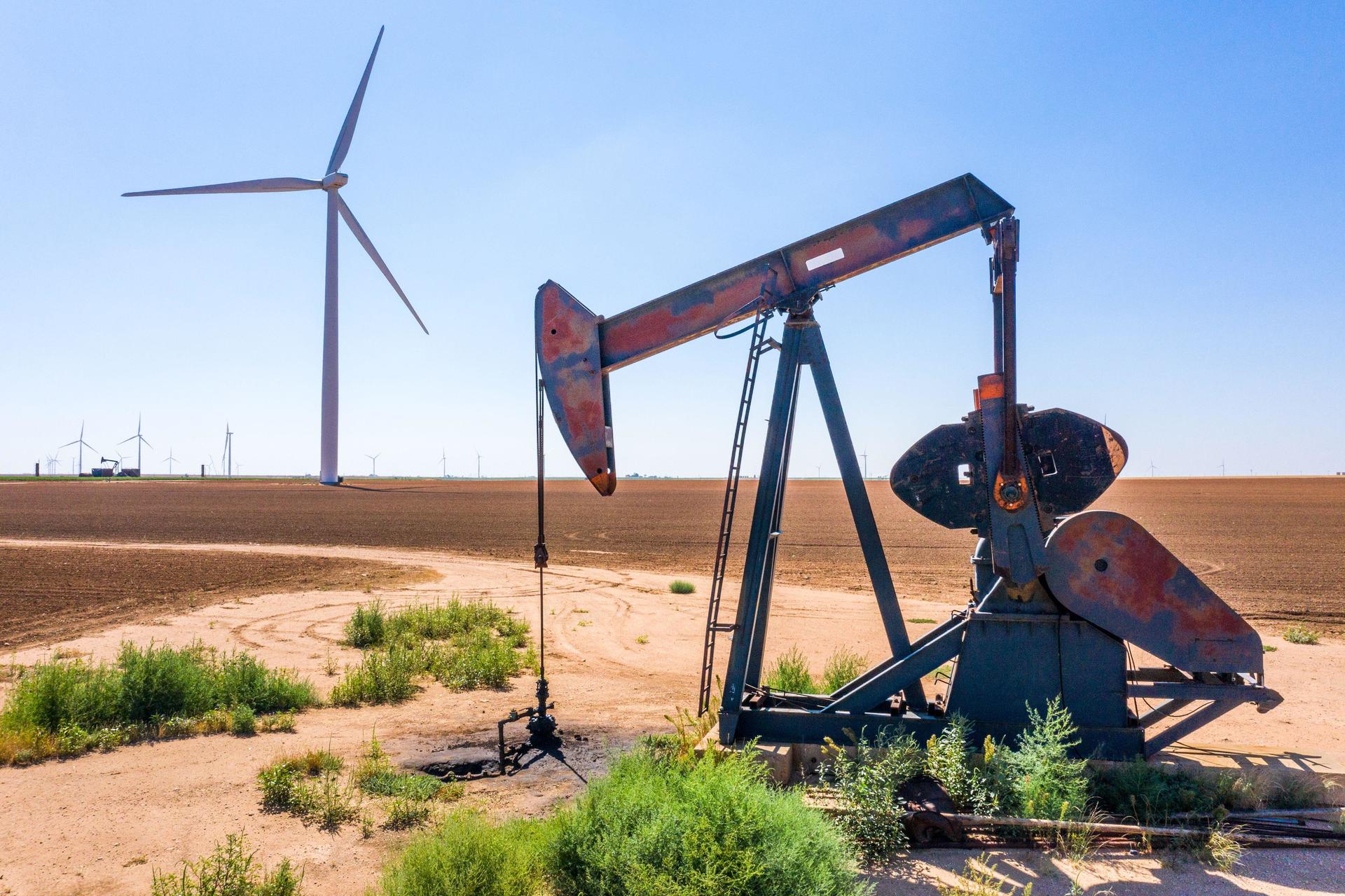On Tuesday, January 18, world oil prices hit a seven-year high.
During trading, the cost of crude Brent on the ICE exchange in London rose by 1.9% to $88.12 per barrel.
At the same time, the quotes of the American brand WTI grew by 1.8% to $85.16 per barrel.
The last time similar values could be observed was in October 2014.
Experts interviewed by RT associate the observed jump in oil prices with increased geopolitical tensions in the Middle East.
On the eve of the Yemeni Houthis (members of the Shiite movement "Ansar Allah") with the help of mined drones attacked the territory of the United Arab Emirates.
Later, representatives of the movement threatened new attacks against the strategically important objects of the UAE.
In response, the Arab coalition led by Saudi Arabia announced the start of the bombing of the capital of Yemen, writes RIA Novosti.
“The market always reacts to such incidents by increasing quotes, as traders fear interruptions in oil supplies.
If it becomes clear that this state of emergency did not have a serious impact on the production of raw materials in the UAE, prices will begin to decline.
If there are long-term negative consequences, the cost of a barrel of Brent could rise to $90, ”Artyom Deev, head of the analytical department at AMarkets, told RT.
Note that since 2014, a civil war has continued in Yemen.
The government of the incumbent president fled the capital and requested foreign support, and power in a number of regions passed to the Houthis.
In 2015, an international coalition led by Saudi Arabia launched a military intervention against the Houthis.
It is noteworthy that this is not the first time that the aggravation of the conflict has led to a sharp increase in oil prices.
So, in September 2019, the Houthis attacked oil refineries in Saudi Arabia, as a result of which the production of energy resources in the kingdom fell by half.
Against this background, Brent quotes rose by 20% in less than a day.
Legion Media
© Madeleine Jettre
In addition, at the moment, the uncertainty regarding the negotiations on the Iranian nuclear deal is having an impact on the price of oil.
Natalya Milchakova, deputy head of the Alpari information and analytical center, spoke about this in an interview with RT.
“Even at the beginning of 2022, Tehran confidently stated that the United States, if agreements were reached, could lift the embargo against Iranian oil.
However, the longer the negotiations continued, the clearer it became that neither Iran nor the United States would yield and, accordingly, there was no talk of lifting the embargo on Iran," Milchakova said.
Recall that the essence of the Joint Comprehensive Plan of Action (JCPOA) was to limit Iran's nuclear program in exchange for the lifting of sanctions from Washington, the European Union and the UN Security Council.
In 2015, the document was approved by Iran, the USA, Russia, China, France, Great Britain and Germany.
In 2018, at the initiative of Donald Trump, the United States withdrew from the treaty and imposed sanctions against Iran.
In particular, the restrictions affected the energy sector of the Islamic Republic - the then current US administration planned to reduce Tehran's income from oil sales to zero.
With the coming to power in the United States of Joe Biden, Washington returned to the negotiations, but no significant progress was made, Natalya Milchakova stressed.
In favor of the ruble
Participants in the oil market are also reacting to the situation with the pandemic in the world.
This point of view in a conversation with RT was expressed by Vitaly Gromadin, asset manager at BCS Mir Investments.
Recall that in November 2021, after the detection of the Omicron coronavirus strain, investors began to fear the introduction of new lockdowns and a decrease in global energy demand.
As a result, oil began to rapidly fall in price, and in early December prices fell below $66 per barrel.
Meanwhile, today these fears have noticeably weakened, and quotes have returned to the growth trajectory, Vitaly Gromadin noted.
“According to statistics, the omicron strain turned out to be less dangerous.
Although the new variant of the coronavirus is much more contagious, no major lockdowns are expected around the world.
Severe measures to limit mobility are possible in some countries, but, in our opinion, the current price level is justified.
Therefore, the situation on the market is rather predisposed to the growth of quotations,” the specialist explained.
In addition, relatively high gas prices in Europe continue to play in favor of higher oil prices, Natalia Milchakova believes.
According to her, there is still a high demand for alternative fuels to gas in the region.
Under these conditions, experts highly appreciate the likelihood of further growth in oil prices, which may have a positive impact on the state of the Russian budget and the ruble.
“For the national currency, the rise in oil prices is an important support factor.
If the geopolitical situation stabilizes, the rise in commodity prices may contribute to the return of the dollar and euro to levels below 76 and 87 rubles.
Accordingly, the National Welfare Fund will also be replenished with additional oil revenues,” concluded Artyom Deev.

